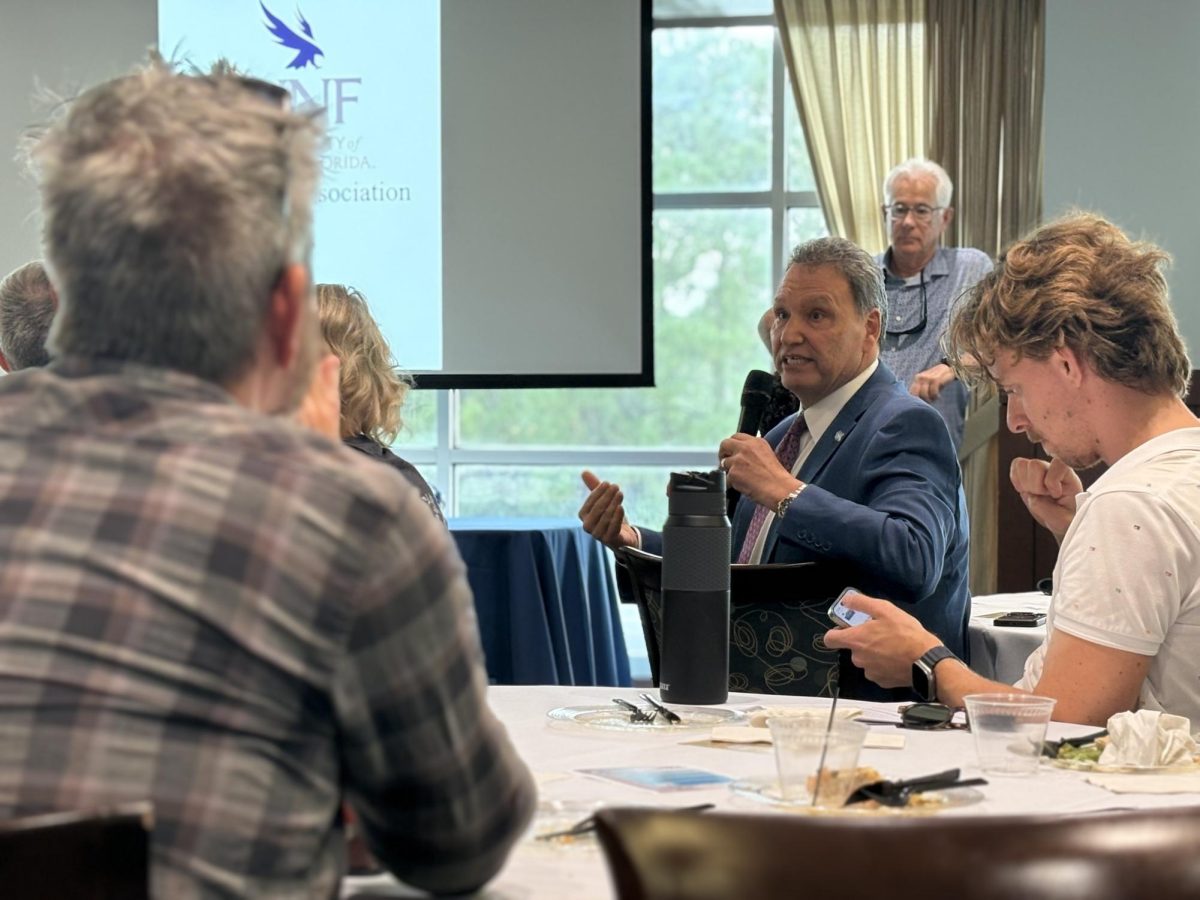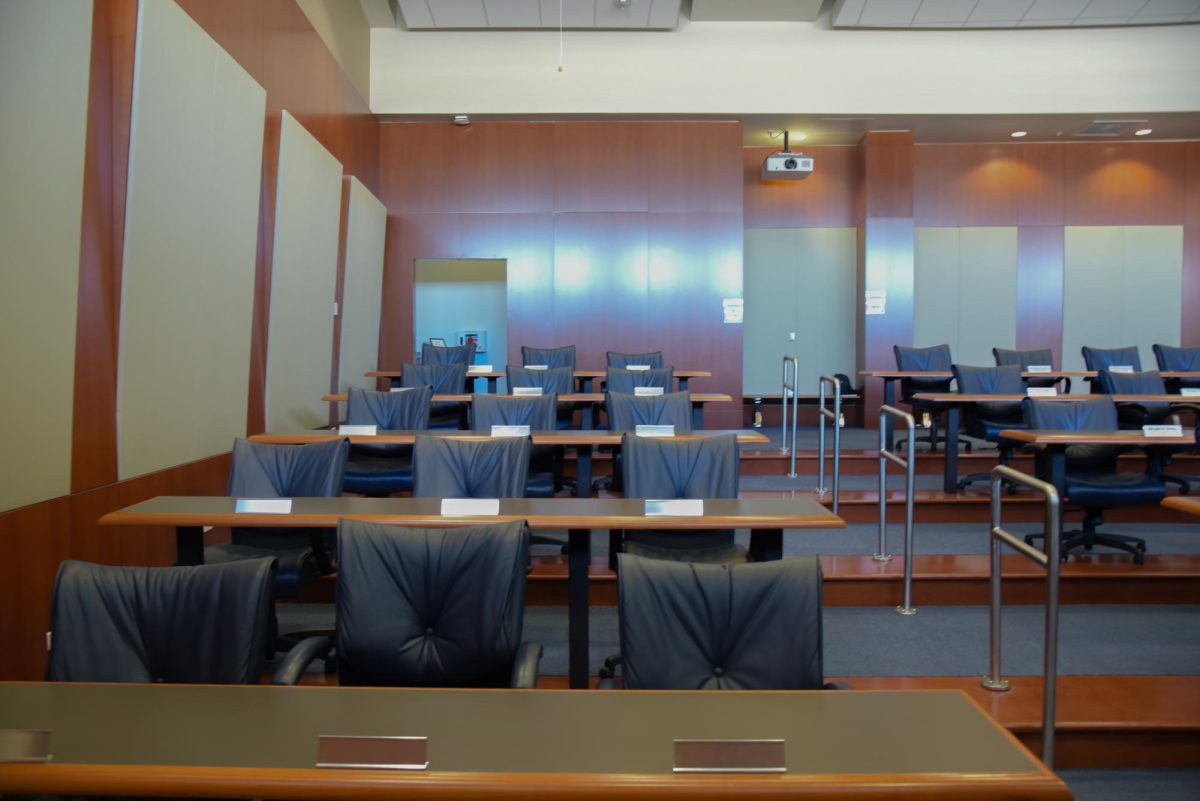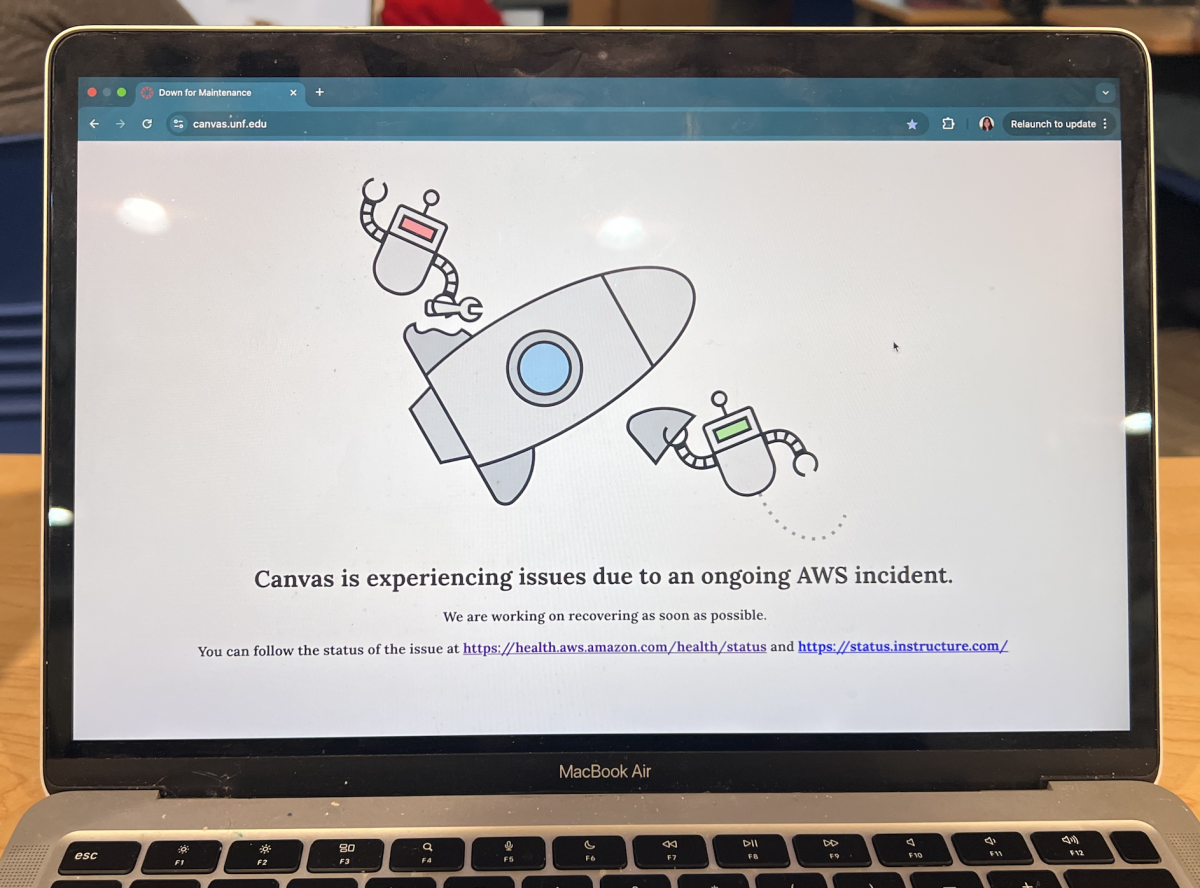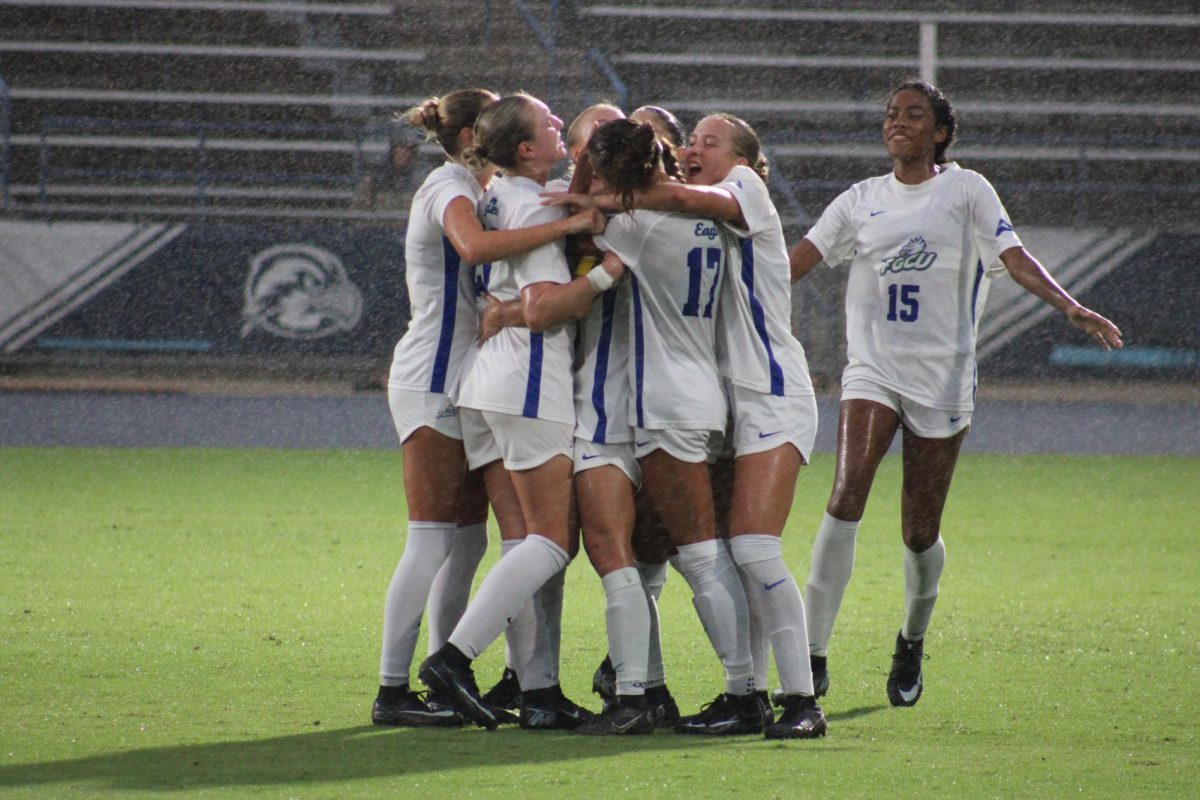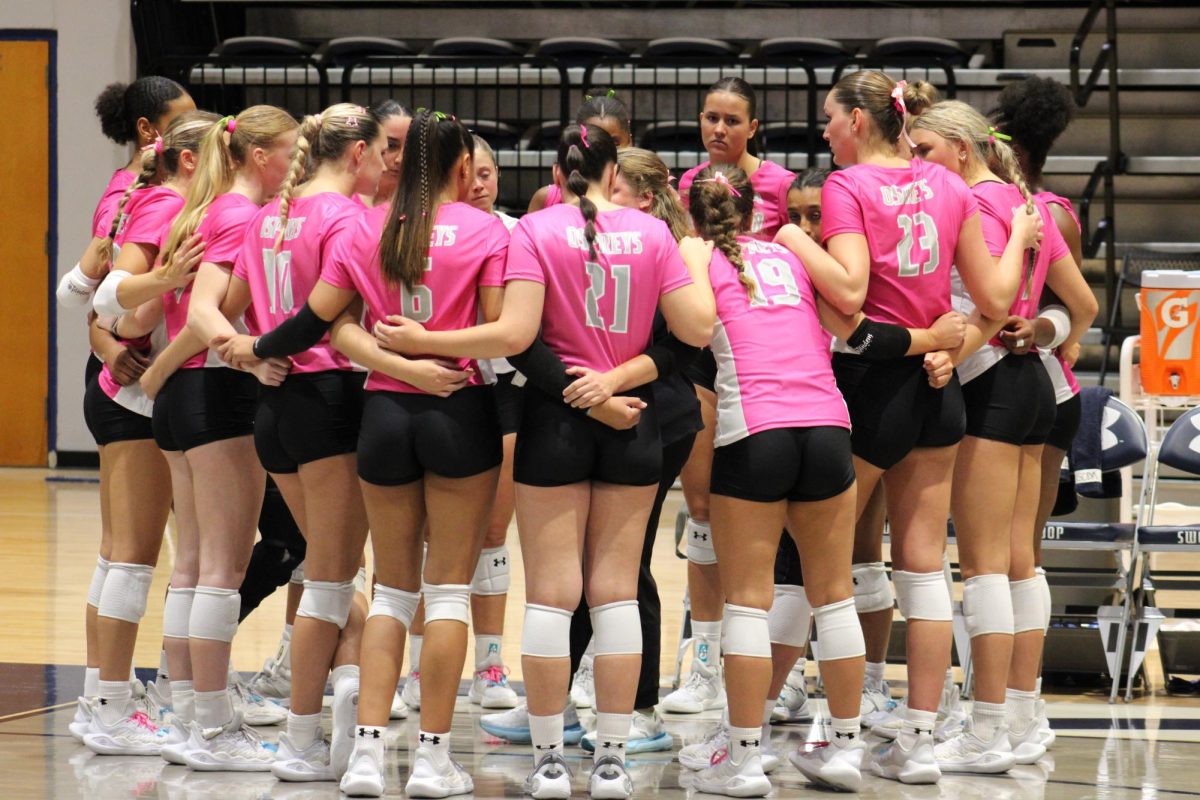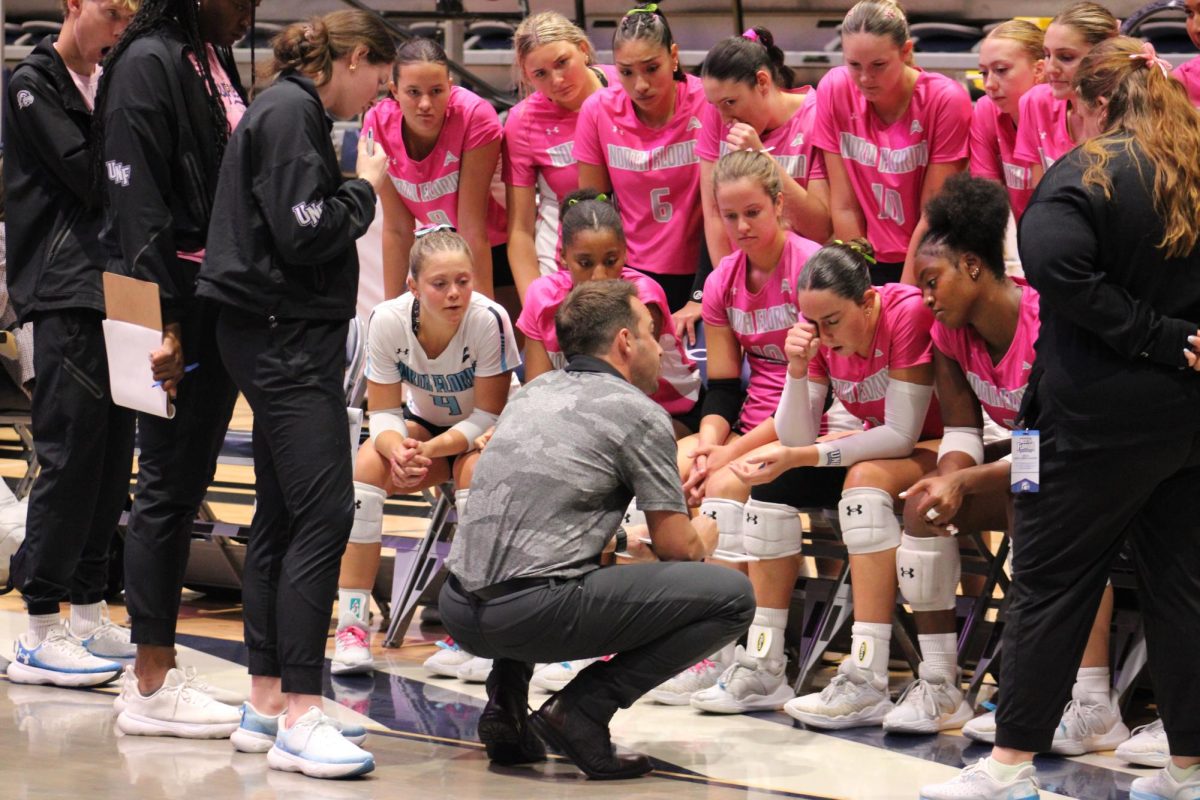By: Rebecca Hoart, Contributing Writer

Colleges nationwide report statistics to the U.S. News & World Report for annual placement on the list of top schools.
The U.S. News and World Report ranks UNF at No. 48 in the southern U.S. region. It is currently unranked in the national university rankings.
The rankings are based on a number of criteria, including but not limited to academic reputation from a global survey and faculty-to-student ratio.
Shawn Brayton, UNF director of academic programs and accreditation liaison, said the report is presented as a way to measure the quality of education a college provides.
“What people perceive the report to be is not really what it is,” Brayton said.
The data that were weighted most heavily in the calculation used by U.S. News & World Report are the peer assessment and graduation rates, both at 25 percent, according to its website.
To measure peer assessment, a survey is given to college provosts, presidents and admissions directors, who are asked to give their personal opinions about competing colleges.
“Who knows what a college president is going to call to mind when filling out the survey,” Brayton said. “Does he like their football team or personally know someone at that college? That would have nothing to do with academics.”
Brayton said she equates the survey to a beauty contest.
Although there may be one person who responds to the survey with the intent to sabotage a competing university, most people are going to give their honest opinions, said Tom Serwatka, UNF vice president and chief of staff.
The public looks at these ratings as a guide for choosing the best education, and that is not what is being measured, Brayton said.
A prospective UNF parent, Brian Stuart, said what he liked about UNF was the low crime rate. He drove from Daytona Beach to tour the campus with his daughter, who wants to major in communications.
“I don’t put a whole lot of stock in the university ratings,” Stuart said. “Unless a college is in the extreme top level or very bottom, there isn’t much of a difference in the colleges themselves.”
The report is an excellent way for a university to measure progress, Serwatka said.
“We want to improve the quality of education we provide for our students,” he said.
A report is prepared for the Board of Trustees every year after the U.S. News & World Report is published, Brayton said. A comparison of UNF’s performance is constructed to find areas for improvement.
UNF was working diligently to hire more faculty and improve the student-to-faculty ratio at the university until the economy fell apart in 2008.
“We’ve had to back off hiring,” Serwatka said.
UNF student-to-faculty ratio is currently 21-1, which is high compared to competing colleges that are 17-1. Incoming freshman SAT scores are 1060-1230 and are competitive with other southern colleges.
Earlier this year, Claremont McKenna College in California reported the dean of admissions admitted to falsifying SAT scores in an apparent attempt to increase its U.S. News & World Report ranking.
The private, liberal arts college made an announcement Jan. 30 of an internal investigation after suspicions of tampering had been reported by faculty.
The importance of SAT scores on college ranking is only 7.5 percent of the total considerations of the report, according to the U.S. News & World Report website.
It is a false premise that the only goal of falsifying information is rankings, said Robert Morse, director of data research for U.S. News & World Report.
He said the deterrent for this kind of behavior is so steep there had to be another reason the college falsified SAT scores.
“This data also gets reported to credit rating organizations,” said Morse.
Serwatka said, despite being ranked by the U.S. News and World Report, a college’s reputation is ultimately more important.
“No one looks at Harvard and wonders where it ranks,” Serwatka said.
Email Rebecca Hoart at news@unfspinnaker.com.




